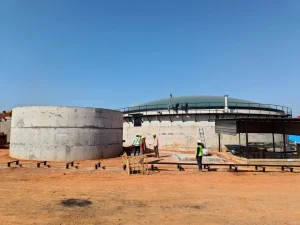
Bangalore Waste to Energy Integrated Waste Management Project: Update 2
Last week, the Bangalore International Airport Ltd team dropped into our plant to celebrate the start of something new by hosting a small Puja. An
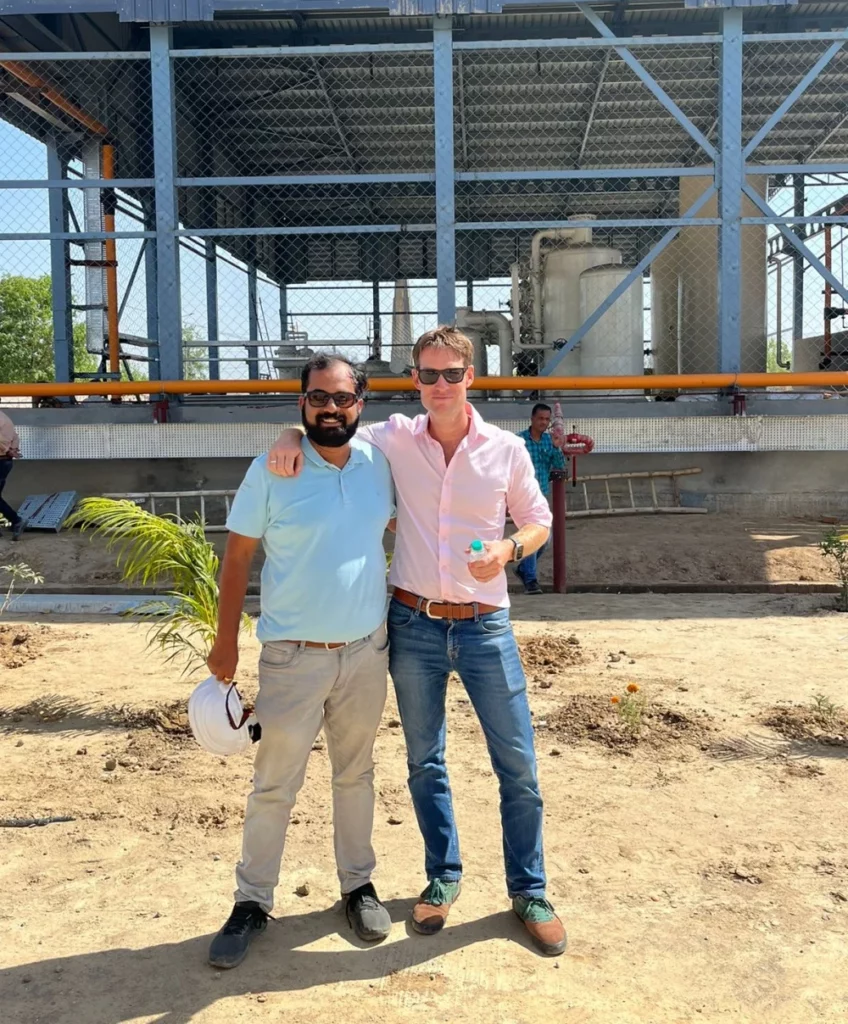
The project involves the establishment of a plant in India to convert Super Napier Grass into 10 tons per day (TPD) of Renewable Natural Gas (RNG) and 100 TPD of Value Added Solid Bio Fertilizer (PROM). The RNG and bio-fertilizer will be sold to Oil & Marketing Companies and Fertilizer Companies, respectively. The plant will utilize modular technology with a global installation basis and will leverage simulated and big data technology for efficient operation. The feedstock for the plant will be sourced from a Farmer Producer Company through contract farming and various industries in the agriculture sector. The project aligns with the 'SATAT' scheme by the Ministry of Petroleum & Natural Gas (MoPNG), aiming to boost RNG production for supply to Oil Marketing Companies, targeting a production goal of 15 million tons of RNG by 2023.

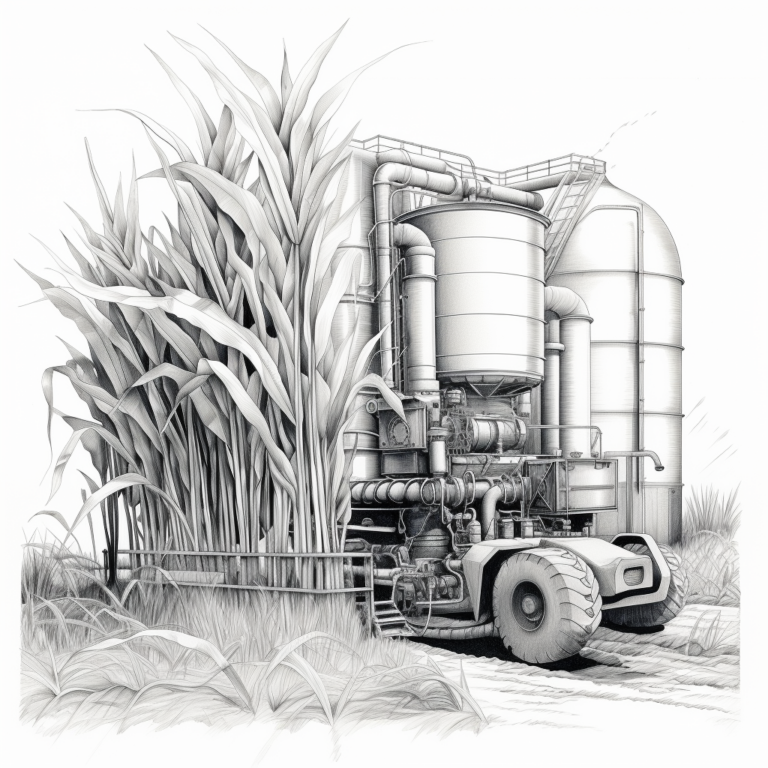
The RNG manufacturing process from Super Napier Grass involves harvesting, pretreatment, anaerobic digestion, purification, and upgrading. The grass is pretreated to remove impurities and undergoes anaerobic digestion to produce biogas. The biogas, primarily methane and carbon dioxide, is then purified using compression, cooling, and separation techniques to create high-purity RNG. This RNG can be used as a renewable energy source in automotive and industrial applications, offering an eco-friendly alternative to fossil fuel
The project presents a promising market opportunity within the Renewable Natural Gas (RNG) sector due to favorable policies and demand-boosting schemes. The launch of the 'SATAT' initiative encourages entrepreneurs to establish RNG plants and supply to Oil Marketing Companies for use in automotive and industrial fuels. With a guaranteed purchase price and a projected target production of 15 million tons of RNG by 2023, the market is poised for rapid growth. The expected increase in the RNG market value and substantial investment in setting up numerous RNG plants in the forecast period further emphasize the potential for the project's success in tapping into this growing demand.


The project presents a significant market opportunity within the renewable energy sector. With the launch of the 'SATAT' scheme by the Ministry of Petroleum & Natural Gas (MoPNG), the demand for Renewable Natural Gas (RNG) is expected to grow substantially. By establishing a plant that converts Super Napier Grass into RNG and value-added solid bio fertilizer, the project can tap into the market demand from Oil & Marketing Companies and Fertilizer Companies. Moreover, the use of modular technology and simulated big data operations ensures efficient and scalable production, making it well-positioned to cater to the increasing demand for RNG as a sustainable fuel source in automotive and industrial applications.
| Stakeholder Name | Role/Responsibility |
| Lewa Trading Industry & Contracting Company | Investor |
| Indian Oil Corporation Ltd. | Off-taker for Renewable Natural Gas (RNG) |
| Ishanya Agro Ventures | Off-taker for Value Added Solid Bio Fertilizer |
| National Fertilizers Limited | Off-taker for Value Added Solid Bio Fertilizer |
| Farmer Producer Company | Feedstock Provider |
| Ministry of Petroleum & Natural Gas (MoPNG) | Initiative sponsor |
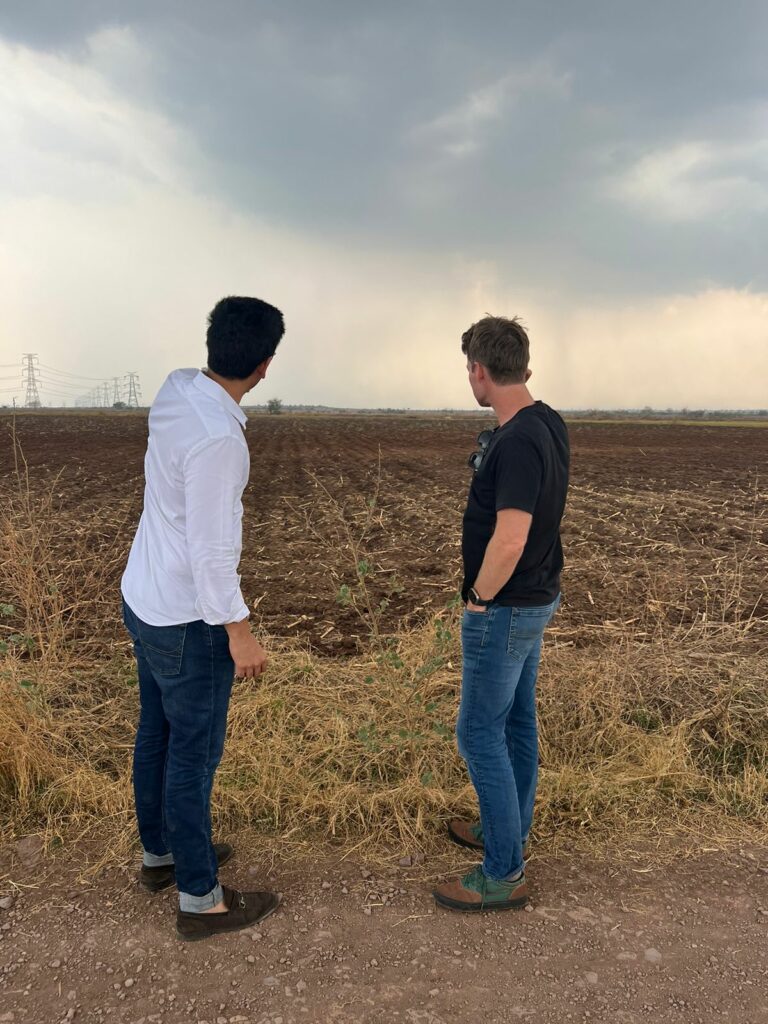
Please be informed that a substantial amount of information pertaining to this project is considered highly confidential. If you are interested in obtaining further details, we kindly request you to contact us at Info@nexusnovus.com for access.

Last week, the Bangalore International Airport Ltd team dropped into our plant to celebrate the start of something new by hosting a small Puja. An
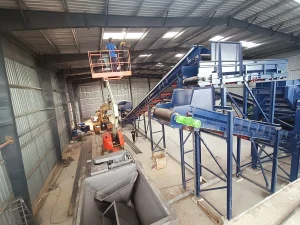
Here’s an update from our project site in Bengaluru. Our state-of-the-art biogas plant is one step closer to being completed. Our sorting lines are set,
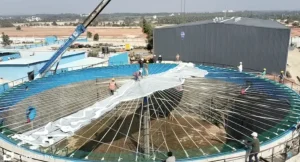
Update Time : As we come one step closer to putting together the final touches on our Biogas plant, here’s a few behind the scenes
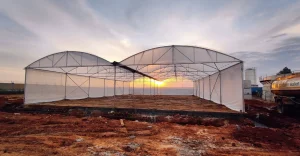
As the year comes to an end, we would like to update you one last time (for the year) on our Plant with a small

Last week, the Bangalore International Airport Ltd team dropped into our plant to celebrate the start of something new by hosting a small Puja. An

Here’s an update from our project site in Bengaluru. Our state-of-the-art biogas plant is one step closer to being completed. Our sorting lines are set,

Update Time : As we come one step closer to putting together the final touches on our Biogas plant, here’s a few behind the scenes

As the year comes to an end, we would like to update you one last time (for the year) on our Plant with a small
Contact Us
If you are interested in obtaining further details, we kindly request you to contact us through form below
Bangalore, India
Sy No 38, Banglore Aerospace Park Near Kempagowda International Airport Devanahalli, Bangalore (Rural), Karnataka 562110
De Corridor 14J Breukelen 3621 ZB Netherland
SA80 Strand St, Cape Town City Centre, Cape Town, 8001, South Africa
NexusNovus Copyright © 2023 All Rights Reserved.